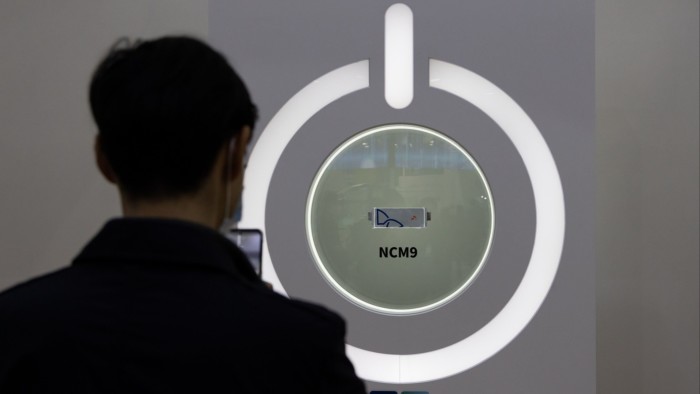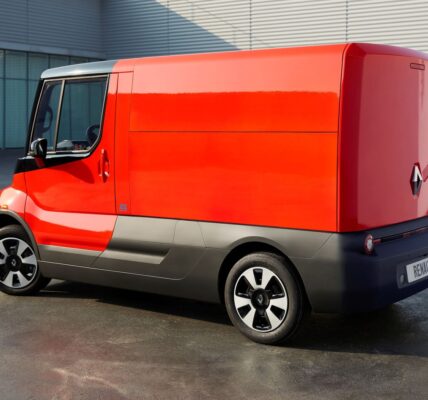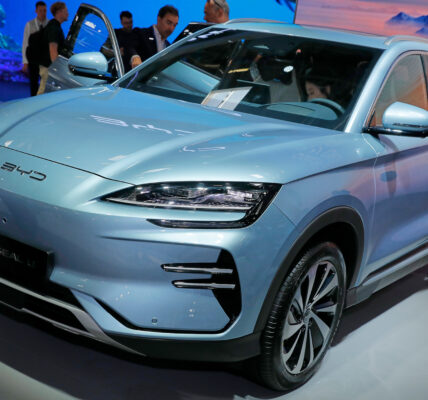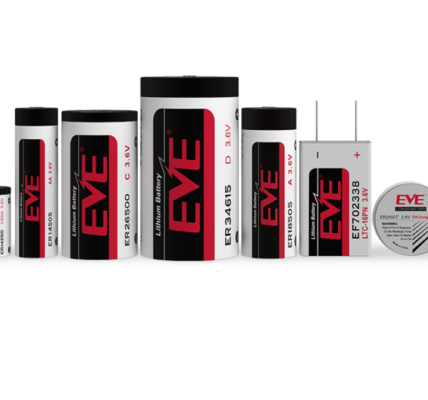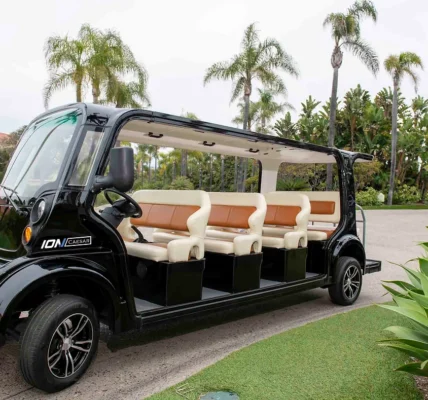Europe is in danger of becoming overdependent on Chinese electric-car batteries, said a leading South Korean industry executive, as the continent struggles to agree on a coherent strategy to boost domestic production.
With European carmakers set to increase imports of cheap Chinese batteries amid a supply glut in China, analysts at UBS project that Chinese battery companies’ market share in the EU will increase from 30 per cent to 50 per cent between 2023 and 2027, while South Korean companies’ share will fall from 60 per cent to 40 per cent over the same period.
“Everybody I talk to in European governments is talking about ‘de-risking,’” Min-suk Sung, chief commercial officer of South Korean battery maker SK On, told the Financial Times.
“Depending on the country, there is a different perspective and a different approach. The one thing they are aligned on is that you can’t just leave the situation as it is.”
Tim Bush, a battery analyst at UBS, said: “The Europeans are putting all their money into inexperienced local new entrants like Northvolt, while Korean battery companies aren’t expanding their investments in European capacity because the subsidies available in the US make it so much more attractive.”
“That is leading to a gap between supply and demand that in the near term at least is likely going to be filled by exports from China.”
China’s CATL and BYD are the biggest EV battery providers, while SK On is the world’s third-largest non-Chinese supplier, behind South Korean rival LG Energy Solution and Japan’s Panasonic. It operates two gigafactories in Hungary and is building a third facility in the same country.
That will help European car manufacturers satisfy EU legislation passed last year requiring 90 per cent of the continent’s EV batteries to be produced locally by 2030.
But Sung said SK On was also in talks to supply Chinese EV makers looking to expand into the European car market, noting that Chinese battery makers have fared less well than their South Korean competitors in replicating their manufacturing processes outside their own country.
“The Chinese carmakers I speak to all want to grow outside of China,” he said. “That’s where we come in, as a battery manufacturer that has a mature footprint in the targeted region. We’re open to work with anyone.”
SK On, a subsidiary of Korean petrochemical company SK Innovation, has concentrated the bulk of its foreign investments in the US, where it has formed joint ventures with car manufacturers Ford and Hyundai.
It operates two battery plants in the US and is building two more in the southern state of Kentucky, and one more each in Tennessee and Georgia. Once all the US facilities are completed, SK On expects to have more than 180 gigawatt hours of capacity, enough to supply batteries for about 2.5mn vehicles a year.
Plans have been complicated by US carmakers pausing expansion of their electric vehicle manufacturing capacity last year, as consumers bought battery-powered cars and trucks at slower rates than expected. South Korean battery makers including SK On have since paused or scaled back their North American investments.
Sung, a former Ford engineer based in the US, said expectations of an explosive take-up of electric vehicles in the country last year had been “too high”. He argued that demand would start to outstrip supply between 2025 and 2027, as legacy carmakers brought out a wider range of models on dedicated EV platforms.
“There was never going to be a linear take-off,” he said. “In this industry, it always happens in steps.”
Sung added that SK On stood to benefit from the rapid US growth of South Korean carmaker Hyundai, which together with sister brand Kia has overtaken Ford and General Motors to claim second place in US electric vehicle sales behind Tesla.
But Bush noted that SK — which Sung said was looking to conduct an initial public offering in 2025 or 2026 — would have to compete for Hyundai’s custom with LGES, its larger and deeper-pocketed rival that conducted a successful IPO in 2022.
That leaves SK highly dependent on Ford, which has not published its plan for electrification or brought a dedicated EV platform to market.
Last week the head of Stellantis warned carmakers cutting electric vehicle prices too fast risked causing a “bloodbath” in the industry after Ford said it was reducing production of its F-150 Lightning pick-up truck, for which SK On is the battery supplier.
“SK On’s plans for a successful IPO depend on a range of unpredictable factors, ranging from the financial health of its parent company to the future of US tax credits and how much demand Ford can generate,” said Bush.
“If the credits are withdrawn or scaled back, for example, by a future Republican administration, or if Ford can’t deliver, then SK will have to revise its ambitions.”


